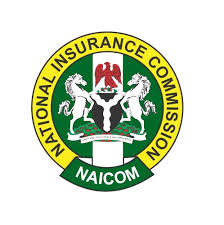The mandatory insurance policies the National Insurance Commission is seeking the intervention of governments both state and federal to enforce is getting attention as the nations wakes up frequently to the news of collapse of buildings under construction, especially the recent one that collapsed in high brow Ikoyi area of Lagos State.
The Commissioner for Insurance, Mr Sunday Thomas said the law had rightly captured that liabilities could be triggered when buildings collapsed at the stage of construction and had this midwifed by the 2003 insurance Act, but the preference to evade the mandatory cover has largely confined the policy to rare need of those who should.
To void this the National Insurance Commission embarked on sensitisation of states on the existence of mandatory insurances so that states move away from stepping into the services insurance companies were established to offer, risk protection and compensation for risks covered.
Speaking recently on this with the impression that mandatory policy for building under construction regarding the 21 storey project was not in place, neither were the subscription to the project by buyers protected by cover, Thomas said “if there was compliance we will want to know which insurance companies provided the cover and we will begin to follow up how they can alleviate the sufferings of those who have lost their loved ones.” However, if there is no insurance cover it will be out of place to expect insurance intervention.
He said event like this continues to happen because those who should purchase the cover say it cannot happen “but we see it happen often.” However, he said the industry needs to create more awareness to make people realise that mandatory policies are not optional and risks specified must be insured as a result of incidence of this nature at Ikoyi.
The constant refrain that insurers that don’t pay claims Thomas cleared, are issues of the past, insisting insurers have changed and those legacies of the past were gone. He reiterated that insurers have always borne the financial consequences for the insured as their responsibility. He said responsibility is passed to insurers to pay claims if the event insured happens. He pointed out that if there are delays in claims payment, there are distress mechanisms to trigger to get claims paid through lodging complaints with the complaints bureau of the Nigerian Insurers Association or NAICOM, which has a statutory provision to address every complaints that arise as a result of claims









































